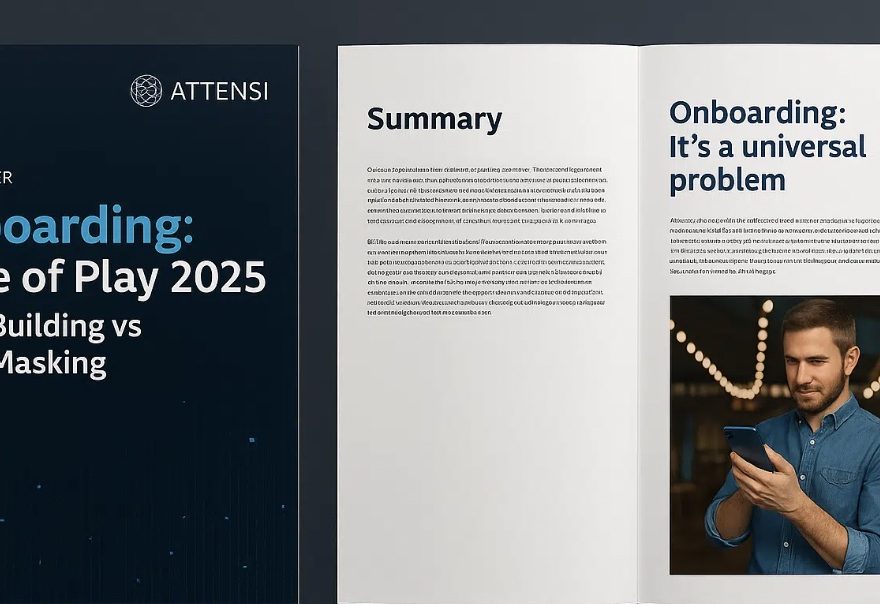A new study by Attensi, the global leader in game-based skills and people development solutions, has revealed a widespread confidence gap affecting employee performance. The research highlights the growing trend of “skill masking” — where employees hide gaps in their knowledge or abilities to appear more competent.
The findings indicate that businesses may be overlooking a silent internal challenge within their workforces. This lack of confidence often begins during the onboarding process and can persist throughout the entire employee lifecycle.
Based on responses from 2,000 employees across industries and age groups, the study found that 58% have engaged in skill masking in their current roles. Almost half (46%) admitted to pretending they understood tasks they didn’t, while 40% avoid seeking help even when they feel unsure how to proceed.
“The data shows a clear mismatch between how organizations evaluate onboarding and what employees actually experience,” said Trond Aas, CEO of Attensi. “Too often, success is measured by checklists, not mastery and confidence. And when employees don’t feel safe learning in person, they mask their gaps rather than close them.”
The phenomenon, described in the study as “skill-set anxiety”, is particularly prevalent among younger employees. Over 50% of workers aged 18–44 report frequently feeling underqualified, and 29% said this anxiety significantly affects their job experience. Notably, poor onboarding was most commonly associated with a loss of confidence (55%), surpassing issues such as employee turnover or underperformance.
Despite these challenges, the report offers optimism. While 58% of employees say they would feel comfortable admitting skill gaps to their manager, an even greater 67% express openness to using confidential, AI-powered role-play tools to practise and strengthen their skills privately.
Aas added: “The good news is that technology is catching up to human psychology. AI-powered simulations now allow people to rehearse tough conversations, practice decision-making, and close real skill gaps without fear of embarrassment. For organizations serious about performance, the key is creating environments where people can safely stop pretending and start progressing.”
The report’s insights underline the connection between employee confidence, psychological safety, and digital learning tools, offering organisations a roadmap to improving onboarding and upskilling outcomes.
“Skill masking is what happens when people don’t feel safe learning in front of others. They hide uncertainty, perform surface competence, and miss the chance to truly master their roles.”
“The data shows a clear mismatch between how organizations evaluate onboarding and what employees actually experience. Too often, success is measured by checklists, not confidence. And when employees don’t feel safe to share weaknesses, they mask their gaps rather than close them. This also creates a lot of bad data for employers who are trying to benchmark skills and implement training programmes to improve employee confidence and performance.”
“The good news is that technology is catching up to human psychology. AI-powered simulations now allow people to rehearse tough conversations, practise decision-making, and close real skill gaps without fear of embarrassment. For organisations serious about performance, the key is creating environments where people can safely stop pretending and start progressing.”

